Scarlett Johansson has claimed OpenAI has used a similar voice to hers for ChatGPT, after she denied an offer to collaborate with them in the past.
READ MORE: Beyond human imagination: How AI is pushing the boundaries of entertainment
Johansson has claimed the company used her voice to create one if its ‘Voice Mode’ options, even after she declined an invitation from the company’s CEO, Sam Altman.
In a statement shared on Monday (May 20), Johansson claimed that Altman sought to “hire” her “to voice the current ChatGPT 4.0 system,” saying that she “could bridge the gap between tech companies and creatives and help consumers to feel comfortable with the seismic shift concerning humans and AI.”
Johansson declined the offer but when a new voice option named “Sky” arrived recently, Johansson claimed her family and friends contacted her commenting on the similarity of the voices.
Her statement read: “My friends, family and the general public all noted how much the newest system named ‘Sky’ sounded like me.
“When I heard the released demo, I was shocked, angered and in disbelief that Mr. Altman would pursue a voice that sounded so eerily similar to mine that my closest friends and news outlets could not tell the difference. Mr. Altman even insinuated that the similarity was intentional, tweeting a single word ‘her’ – a reference to the film in which I voiced a chat system, Samantha, who forms an intimate relationship with a human.
“Two days before the ChatGPT 4.0 demo was released, mr. Altman contacted my agent, asking me to reconsider. Before we could connect, the system was out there.”
Statement from Scarlett Johansson on the OpenAI situation. Wow: pic.twitter.com/8ibMeLfqP8
— Bobby Allyn (@BobbyAllyn) May 20, 2024
Now, Johansson has said she has hired legal counsel and is asking OpenAI “to detail the exact process by which they created the ‘Sky’ voice.” After two letters were sent (one to OpenAI and one to Altman), Johansson says “OpenAI reluctantly agreed to take down the ‘Sky’ voice.”
Johansson concluded: “In a time when we are all grappling with deepfakes and the protection of our own likeness, our own work, our own identities, I believe these are questions that deserve absolute clarity. I look forward to resolution in the form of transparency and the passage of appropriate legislation to help ensure that individual rights are protected.”
Altman has denied that “Sky” is based on Johansson’s voice. In a statement he said: “The voice of Sky is not Scarlett Johansson’s, and it was never intended to resemble hers. We cast the voice actor behind Sky’s voice before any outreach to Ms. Johansson. Out of respect for Ms. Johansson, we have paused using Sky’s voice in our products. We are sorry to Ms. Johansson that we didn’t communicate better.”
In the UK, earlier this month members of parliament in the UK pushed for greater regulations and urged that musicians and celebrities should be protected against deepfakes by law.
The movement came after various British artists – including Jess Glynne, Mumford and Sons, Sam Smith, Robert Smith and Zayn Malik – signed an open letter last month, calling for the government to enforce wider protection against the technology, and a similar law was passed in the US, which prohibits the use of AI to mimic an artist’s voice without their permission.
At time of writing, the UK does have regulations in place to prevent people from misrepresenting others when offering goods or services, however it was confirmed in April that the creation of sexually explicit “deepfake” images is to be made a criminal offence in England and Wales.
Taylor Swift was one of the most prominent names affected by the increasing use of ‘deepfakes’, and after the trend gained more momentum, a push for greater regulations followed.
Over in the US, FKA Twigs was among those taking the push for greater regulations to court, and the singer put forward a testimony to the Senate Judiciary Subcommittee on Intellectual Property in Washington D.C.
The post Scarlett Johansson claims OpenAI used a voice similar to hers for ChatGPT, even after she denied their offer to collaborate appeared first on NME.



